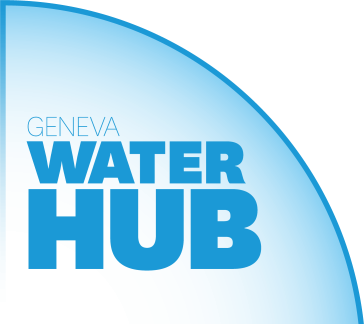
The Universities Partnership for Water Cooperation and Diplomacy

Impact

The Geneva Water hub is proud to be a core academic partner of The Universities Partnership for Water Cooperation and Diplomacy (UPWCD), a one-stop-shop platform devoted to education on water cooperation and diplomacy. You can access the latest news, scientific publications, events, vacancies, exchange programs on water cooperation and diplomacy, and much more at www.upwcd.org
You can also share your own news and give it visibility by submitting a request at www.upwcd.org/submit-resource.
The UPWCD is an open partnership already joined by about 20 Universities and research institutions around the world. You can join the Partnership at www.upwcd.org/who-we-are#partner-form.
Core Universities: DKU Казахстанско-Немецкий Университет, IHE Delft Institute for Water Education IIT Guwahati, International Water Management Institute (IWMI), Oregon State University, University for Peace, Université de Genève, Geneva Water Hub/UNESCO Chair on hydropolitics, University of Zimbabwe (UZ)
Partners: Collaborative Water Resolution, Institute of Water Governance - Shandong University, IUCN Water Programmeer, RC-IRBM, Riphah International University, UCR School of Public Policy, Tashkent Institute of Irrigation and Agricultural Mechanization Engineers, United Nations University Institute for Water, Environment, and Health, Udall Center for Studies in Public Policy, Water Security Research Centre - WSRC, University of East Anglia, University of Haifa.
Coordination: University of Geneva - Geneva Water Hub/UNESCO Chair on hydropolitics, Mrs. L. Salamé (upwcd[at]gmail.com).

